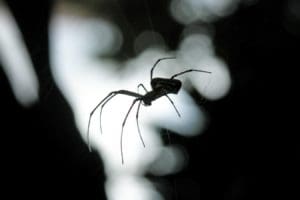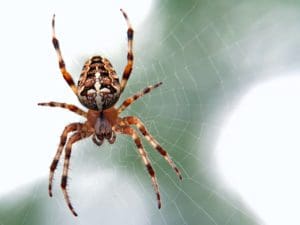Spider Pest Control in Bergen County
We specialize in identifying and addressing spider infestations. With tailored solutions, we ensure the elimination of spiders from your property, using IPM control techniques that are designed with your family’s health and concern in mind. See how.
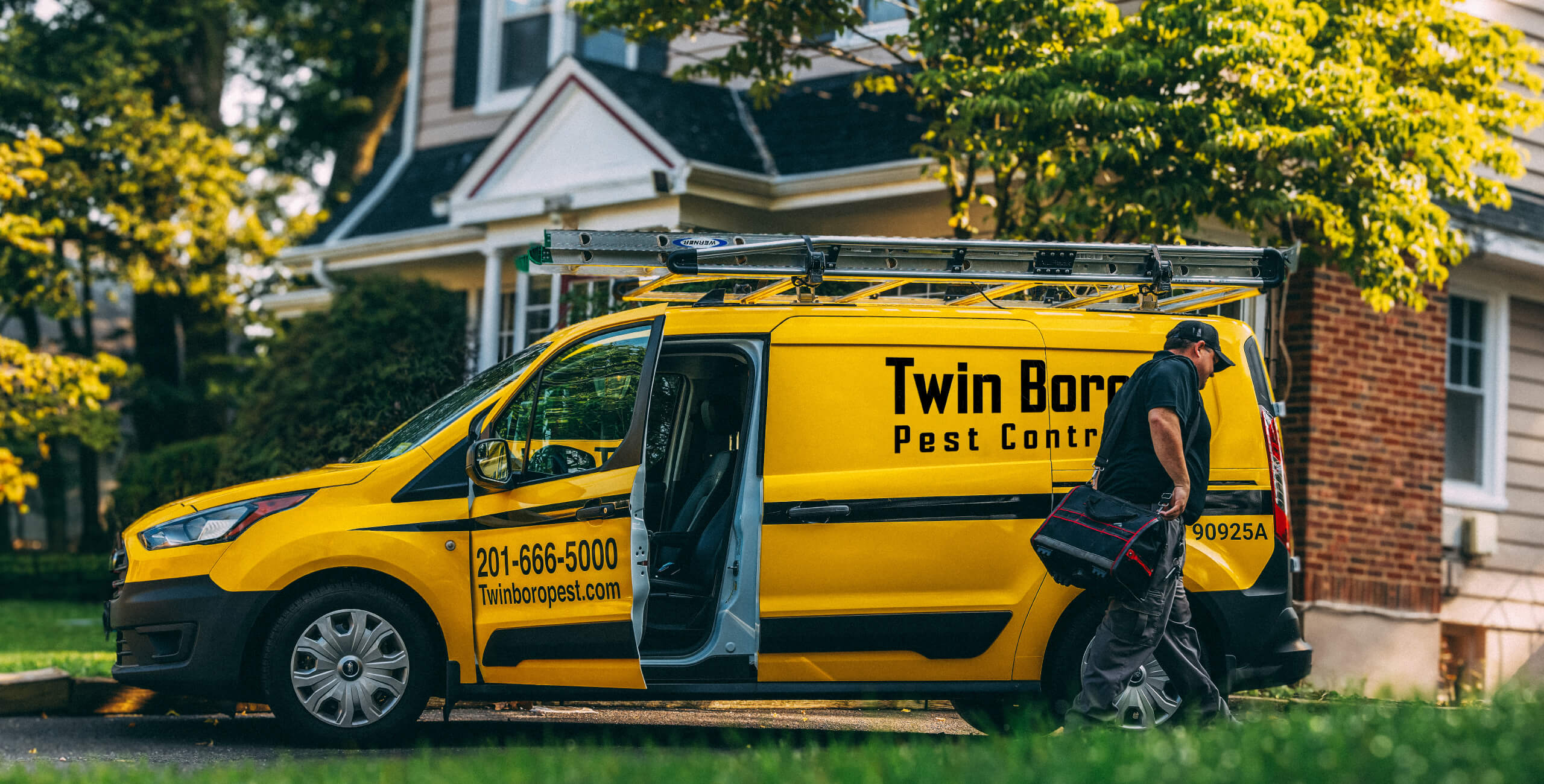
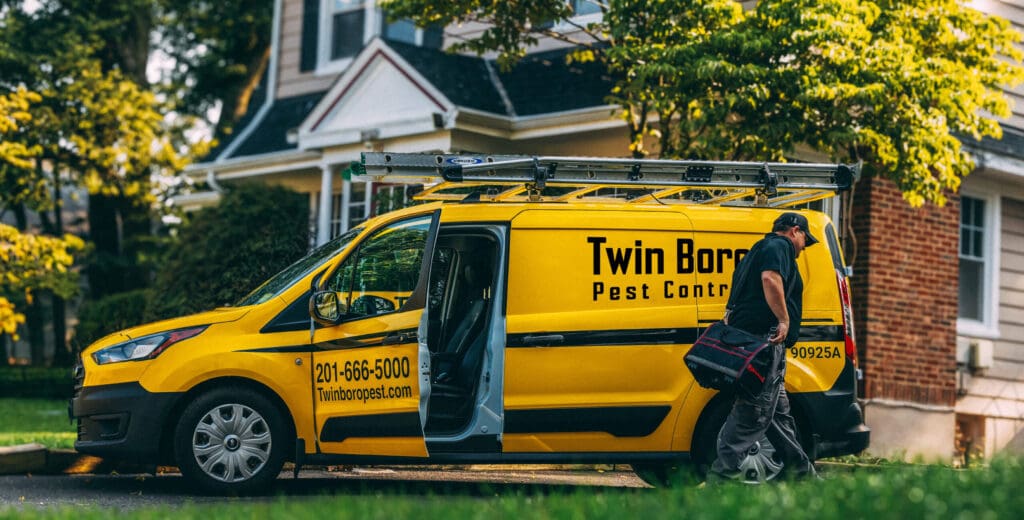
Twin Boro’s Proven Process for Spider Pest Control
WHY?
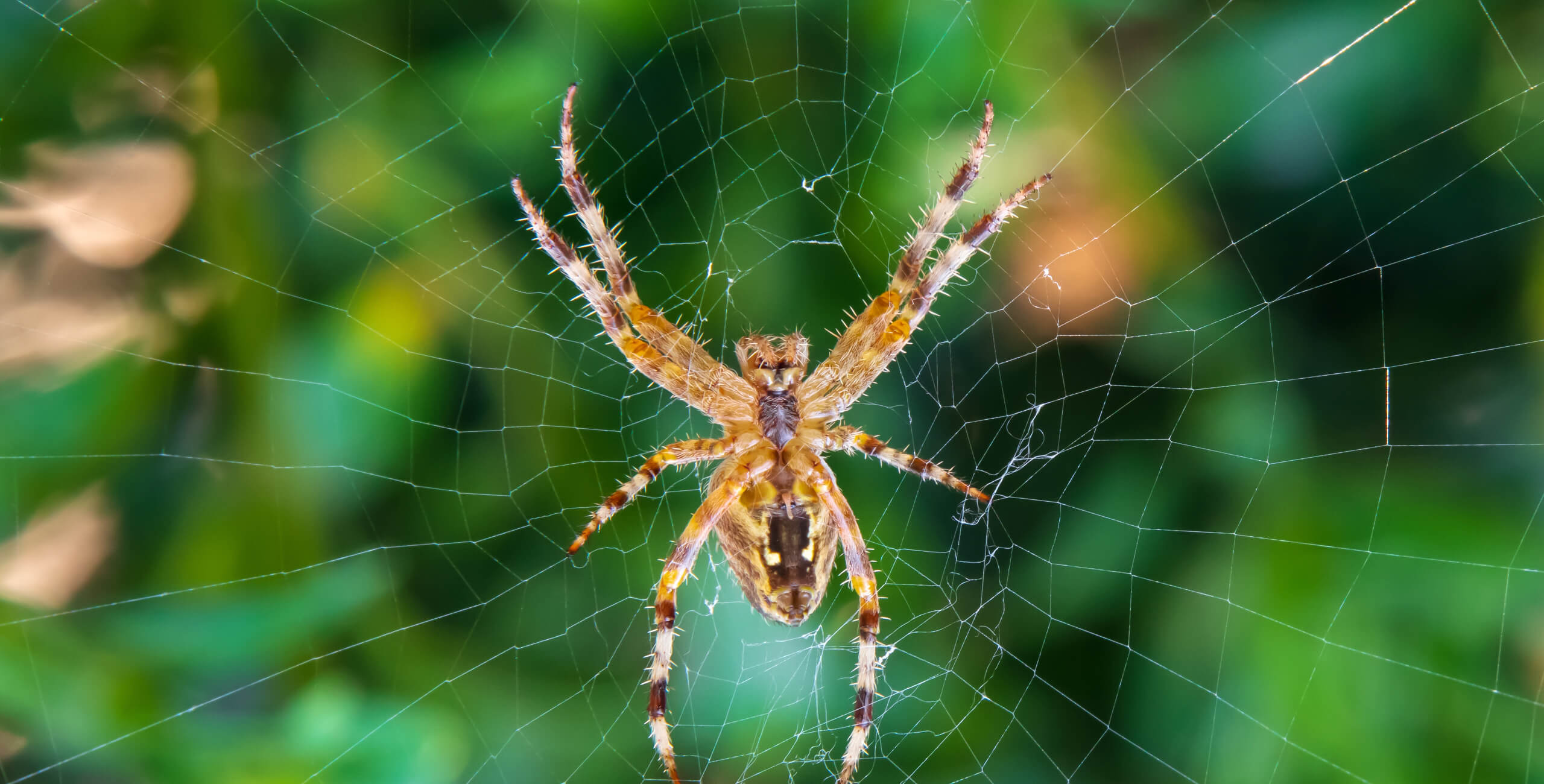





If pests come back so do we. Guaranteed.
Your neighbors love us.
Pests, not so much.

“I had a great experience working with Mike O he was very knowledgeable and professional. He made sure to answer any questions/concerns we had which was extremely important to me. My husband and I have been using his services for several months now and we must say this company offers top of the line products/service. I couldn’t imagine using another company, A+++ Rating in my opinion!”
“Joe Graney was extremely professional, considerate and knowledgeable. He went above and beyond to make sure our house was left protected from pests inside and out, while also making sure not to leave any mess behind. Very satisfied with his service. Also happy with everyone on the team I have had the pleasure to meet so far when I have called.”
“Roy is phenomenal. I used Terminix when I bought my home and got the corporate run around, missed appointments, rushed service, and crazy prices. I recently switched to Twin Boro and Roy has been great, helping with every issue, he climbs into the toughest spaces in my house and gets the job done. I would highly recommend Roy to anyone who in need of pest control.”
“Roy came to my house because I had some carpenter ants coming in from outside. He was very knowledgeable as well as professional, he never tried to sell me on anything that wasn’t needed. He put down the right treatment and I haven’t seen any ants since. I would recommend Twin Boro to all of my friends who are in need of their service.”
Rely On Us For Same Day Service
Frequently asked questions
Learn More About Spiders
insights and tips on Spiders.
The Company We Keep



